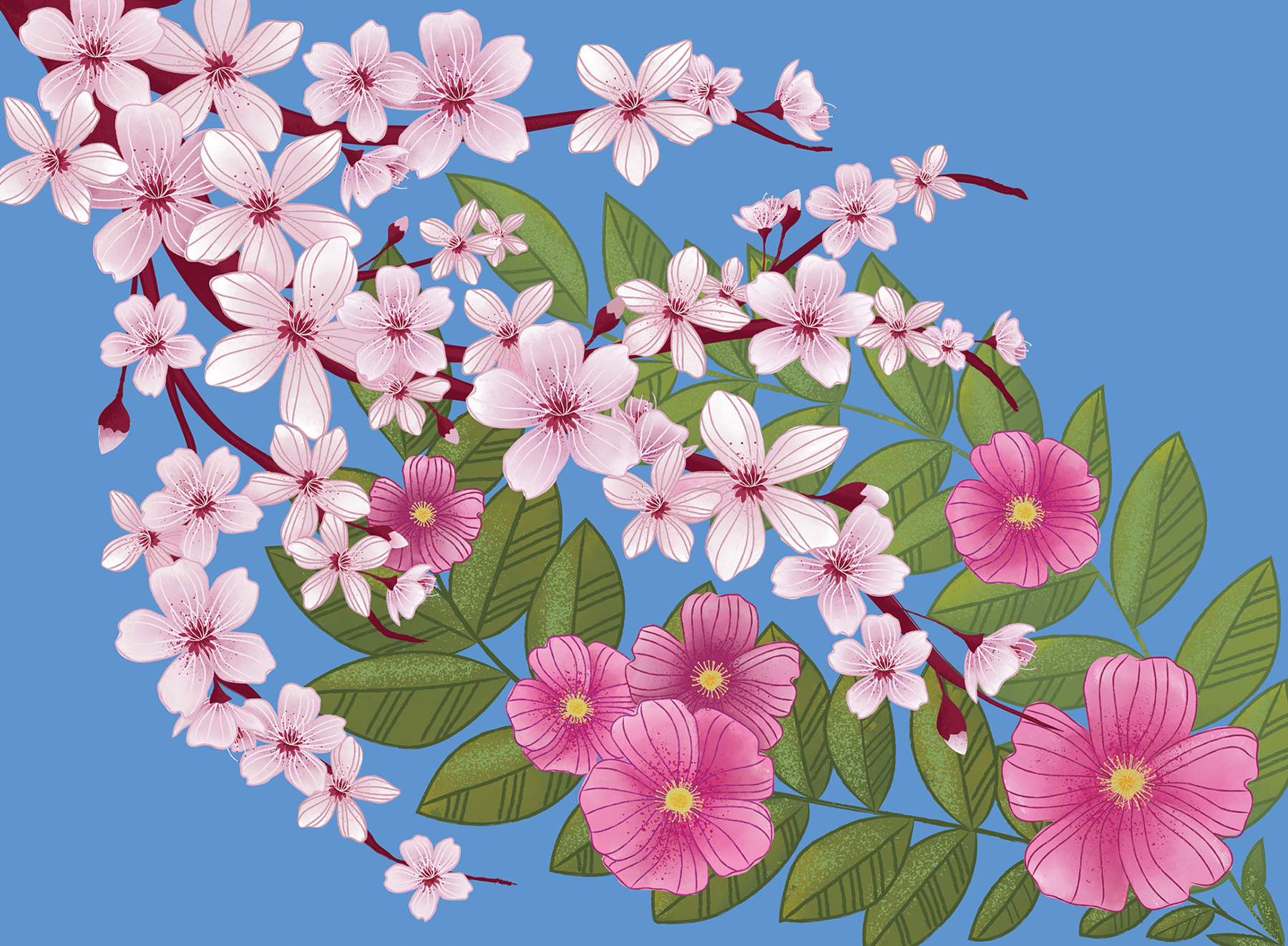As I write this, I’m at a Lakeside Inn in Zhaoqing, China on the last day of a writer’s residency. Zhaoqing is a mid-sized city for China — a mere four million — set in a picturesque location by a lake and a mountain famous for its poetry-inscribed cave. The city’s artists — those children of the middle class who are well-educated and cosmopolitan, are trying their best to recover a past that is half fantasy and reality; they long for a world that is almost gone and that was also perhaps cruder than they can imagine.
I grew up in Edmonton. My early school years were traumatic because I didn’t speak English. My mother tongue was Japanese. But as children do, I quickly learned the new language, so quickly in fact, that when some other children in our neighbourhood sang the ditty, “Chinese, Japanese, dirty knees, look at these!” to me, I happily recited it back to my mother. Horrified, she told me that they were not singing this rhyme to me, but at me. Thus was my initiation into the English language in the Edmonton of the early ‘70s.
That kind of name-calling racism quickly disappeared, and not long after, our family moved away from Edmonton, first to Hay River in the Northwest Territories, and then back to Alberta to settle in Sherwood Park. One weekly activity that began in my junior high school years was driving to Edmonton on Friday after school to attend the Metro Edmonton Japanese Community School. The school ran for three hours on Friday nights, staffed by volunteers dedicated to transmitting the language to their children. For almost a decade, my parents drove my siblings and me to Edmonton every Friday night to attend that school.
Frankly, I hated Japanese school. I felt that my parents were forcing me to go. Learning Japanese was tedious; so much was rote memorization, especially learning the kanji, or Chinese characters. The only joy in going to Japanese school was commiserating about it with my other Japanese Canadian classmates. But grudgingly, I did learn the written language there with enough facility to recognize the importance of kanji to represent concepts and ideas as ‘words’ in that language.
